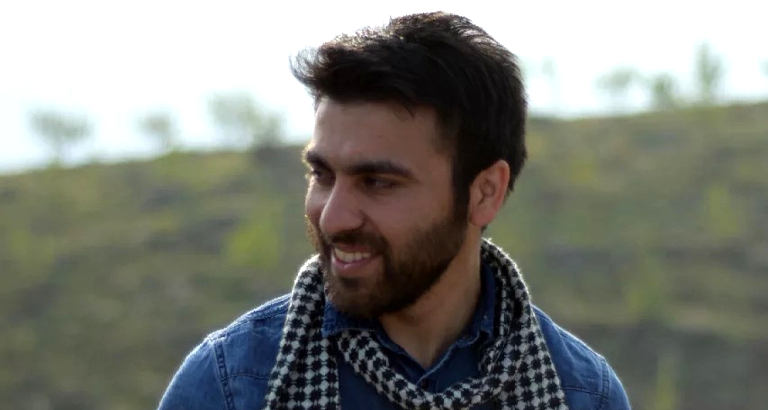For World Refugee Day, Shahab Rassouli, an Afghan refugee in France for more than a decade, recounts one of his first memories in a library, discovering Victor Hugo’s Les Misérables, while in Iran. The year was 2002. Rassouli was nine and living in Lavasan, northwest of Tehran, having fled Afghanistan four years earlier with his parents and two younger brothers. Here is his story:
“You’re just a dirty Afghan!” Zeinali says to me.
– “No, I’m not Afghan. I’m from the border town of Mashhad.” I lie like a criminal to save my skin.
– “Lie.” Sediqi continues, “Your father rented our old garage. Mine told me that you are illegal! I saw you hiding in the bathroom when the inspector came to check the classes earlier!”
I feel lonely, like only the little girl of this novel, Cosette: she was treated worse than the dogs where she lived; I am treated worse than the cats in Iran.
“Catch him, we’ll quickly know if he’s Afghan: like it is said, they have a tail, like the monkeys! Ahaha!” Zeinali laughs.
Jostled, I fall on the ground, with my heavy backpack weighing a ton. I am unable to react to my three classmates who have just discovered my true origin. I do not even know why I have to hide it, hide it like Jean Valjean in Les Misérables. Like the title, I am miserable. I continue to deny: “No, I’m not Afghan, I swear“. I swear because I am not welcome in this country. But I’m not nothing, and I did not ask, I did not want, my country, Afghanistan, to be at war. I think I’m just as Iranian as the others, but why? I think of Jean Valjean, hunted everywhere:
“Jean Valjean, freed convict, native of …” – that does not matter to you … – “has remained nineteen years in the galleys. Five years for burglary. Fourteen years for trying to escape four times. This man is very dangerous.” Looking for shelter, everyone threw me out. “Will you receive me? Is this an inn? Will you give me food and sleep? Do you have a stable?”
Zeinali attacks me to try to take off my dark blue uniform. Everything happens so fast: I have a stone in my hand, I feel the heat of the blood on my face, I see the big Zeinali fall right next to me, screaming in pain. I then seize the opportunity and run now, as quickly as possible to escape the rest of the group, heading to the big open entrance of the girls’ school, not far from there. Just at the entrance of the first building, steps lead me to the second floor. “He must not be very far, keep your eyes peeled” I hear Zeinali screaming outside.
The woman inside then understands the reason for my presence. I see again Jean Valjean, for once being received with respect instead of insulted:
– “True? What! You keep me? You do not hunt me? A convict! You call me sir! You do not come to me? ‘Go away, dog!’ they always tell me. I thought you’d kick me out. So I said right away who I am. Oh! The brave woman who taught me here! I’m going to have supper! A bed with mattresses and sheets! Like everyone! A bed! Nineteen years since I slept in a bed! You do not want me to go away! You are worthy people! Besides, I have money. I will pay well. Excuse me, innkeeper, what’s your name? I will pay whatever you want. You are a good man.”


